Published
- 08:00 am
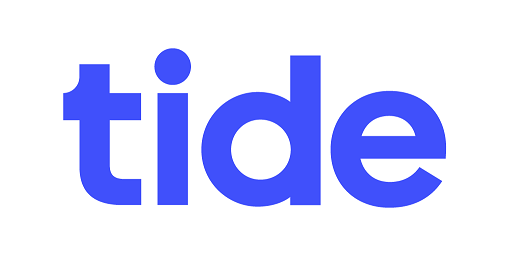
Tide, the UK’s leading SME-focused business financial platform announced today the launch of the Tide app in India. The business financial platform has introduced two business banking solutions – the Tide Business Account and its RuPay-powered Tide Expense Card. Tide aims to onboard half a million SMEs in India over the next 24 months. Tide believes that the India market is potentially a £100 million revenue opportunity, and aims at creating a sizable business in India in due course.
The Tide Business Account and Tide Expense Card in partnership with Transcorp (an RBI-regulated PPI issuer), will track spending and business expenses, enable transactions at all merchants that accept RuPay, and together help small businesses save time and money.
SMEs who sign up for the Tide Business Account will have access to contactless services and can use the free-of-cost Tide Expense Card to withdraw cash, for in-store purchases (including contactless tap and pay), e-commerce purchases and other payments.
Dr. Oliver Prill, CEO, Tide said, “We are delighted to be launching this product in India, Tide’s first international market. India’s 64 million SMEs are the backbone of its economy, providing vital services, jobs and growth. We believe there is a vast untapped segment of small businesses in India that hasn’t been formally accounted for. We, at Tide, are committed to introducing and including a large segment of this market into the formal economy.”
To reduce the cost of due diligence, and prevent illegal activities such as money laundering and financial fraud, Tide will onboard small businesses only on the basis of a full Know Your Customer (KYC) process. This is at par with traditional banking practices. This means that SMEs can reap all the benefits of the business account from day one.
Gurjodhpal Singh, CEO, Tide (India) said, “We, at Tide, are working hard to support entrepreneurs in their growth journey and believe we are in a strong position to do exactly that. As Tide scales in India, we will expand our product offering for entrepreneurs to both manage their finances seamlessly, and to take the big step of starting out – whether as a freelancer, sole trader, contractor or small business owner. We are building a product that will not just offer business accounts and related banking services, but a comprehensive set of highly usable administrative solutions.”
The company is working to introduce a host of other features that it will offer to small businesses across India. These include a Business Savings/ Current Account in partnership with a bank, QR code for payments, bank transfers, invoicing, GST, pay by link and credit services. Tide will ultimately bring the full richness of the UK platform tailored to the needs of SMEs in India.
As a digital-only service, the Tide business account can be opened anytime and anywhere. The Tide app is now available on the Google Play Store for Android devices.
Related News
- 07:00 am
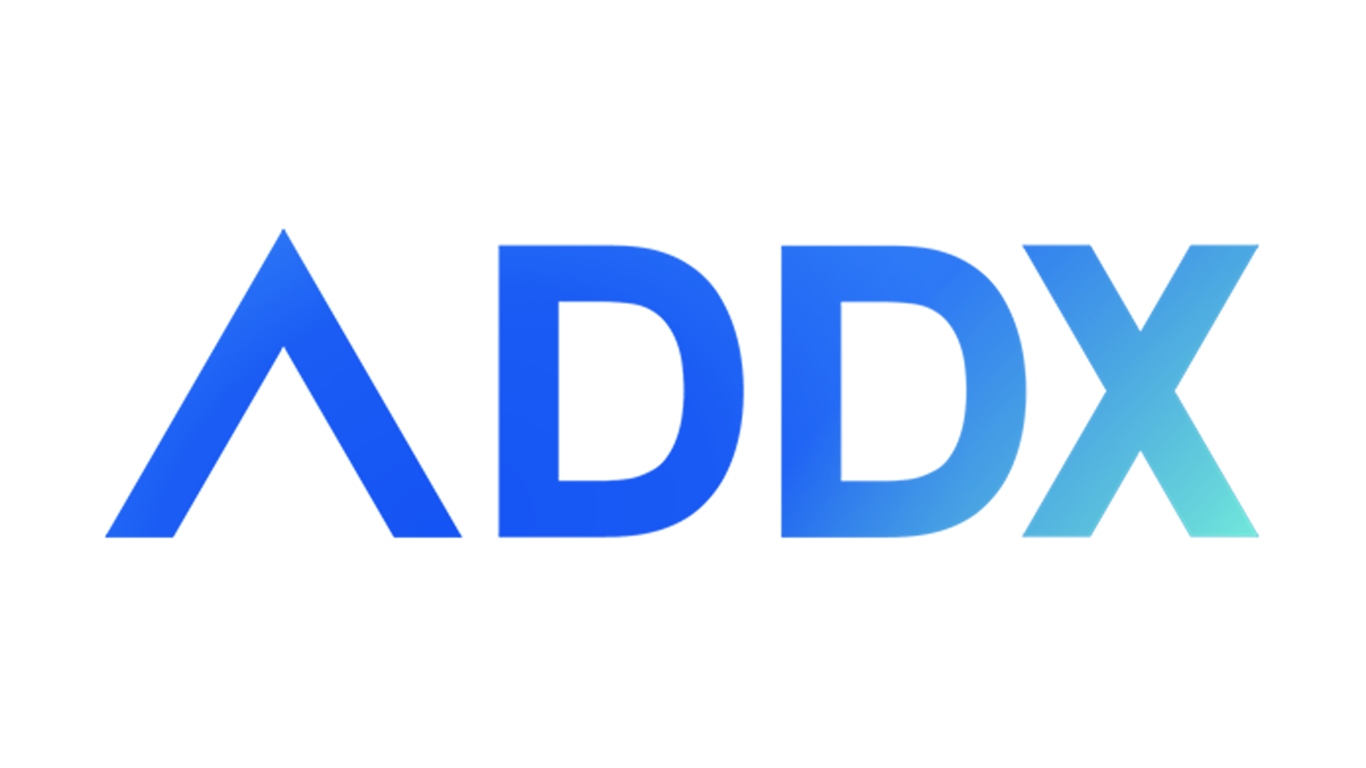
Global private market exchange ADDX has fractionalised a venture debt fund by Innoven Capital, bringing down the minimum subscription size for individual accredited investors to US$20,000, from US$5 million. Innoven is a joint venture between Seviora Holdings – a wholly owned subsidiary of Temasek Holdings – and UOB.
The Innoven SEA Fund I provides venture debt funding to high-growth startups and technology companies across Southeast Asia. The fund is anchored by a US$50 million commitment from Seviora and UOB, and it provides investors a combination of fixed income and equity return, with annual cash distributions.
ADDX is using blockchain and smart contract technology to automate manual processes throughout the lifecycle of the investment. This allows ADDX to make the fund available in fractional units at scale and to enable secondary trading by investors on the ADDX exchange.
Venture debt is a form of debt financing for companies that are still dependent on venture capital funding to grow. Loans sizes can go up to 30 percent of an equity round or cash in bank, and loans are made out based on factors such as the strength of the startup’s shareholders, the quality of its management team as well as the firm’s competitive advantage.
For startup founders, venture debt is less dilutive than equity financing, allowing companies to extend their cash runways and secure more time to achieve growth milestones. For investors, venture debt is a fixed-income investment with a lower risk-return profile as compared to venture equity capital. Venture debt is, however, accompanied by regular distributions, which is attractive to many investors in the current risk-off environment. In addition, venture debt deals typically come with equity warrants, which give venture debt funds the option to purchase equity at a future date, should the startup continue to grow. These warrants are a source of upside potential, giving venture debt a higher risk-reward profile than pure fixed-income investments.
Paul Ong, Partner of Innoven Capital SEA, said: “The macroeconomic climate and interest rate hikes that have impacted company valuations have led to cautious deployment of capital from equity investors. Companies have shifted their focus to decreasing their burn rate and building cash reserves in anticipation of a potential near-term period in which equity capital may be more difficult to obtain. In this current environment, the demand for venture debt has increased significantly.”
Oi-Yee Choo, CEO of ADDX, said: “Venture debt is poised to grow. In the US, where the ecosystem is more mature, venture debt deals make up around 25 percent of venture capital funding. In Southeast Asia, that figure is less than 5 percent. This strongly suggests there is room for expansion, as venture debt funds raise more capital from investors and deploy that capital in a region where the prospects for tech startups remain bullish in the medium- to long-term, despite the uncertainty we’ve seen in the capital markets this year. More broadly, private debt as an asset class is on the rise, with assets under management (AUM) forecast to increase from US$1.2 trillion in 2021 to US$2.7 trillion in 2026. As blockchain technology lowers the barriers to entry for individual investors – by as much as 250 times, as in this case – we take the view that a significant share of the projected growth in private debt will come in the form of new, mass affluent investors getting access for the very first time.”
She added: “Innoven is a pioneer of Southeast Asia’s venture debt scene. Backed by Temasek subsidiary Seviora and UOB, Innoven’s excellent parentage ensures good deal flow. For example, the fund manager is evaluating deals with a cumulative value of close to US$150 million, which gives Innoven the room to be highly selective in deploying capital. This is the secret behind Innoven’s strong track record – it has a loss rate lower than 1 percent, after US$218 million in loans made out. We are excited to work with Innoven to bring this high-quality fund to a wider spectrum of investors.”
Related News
- 05:00 am
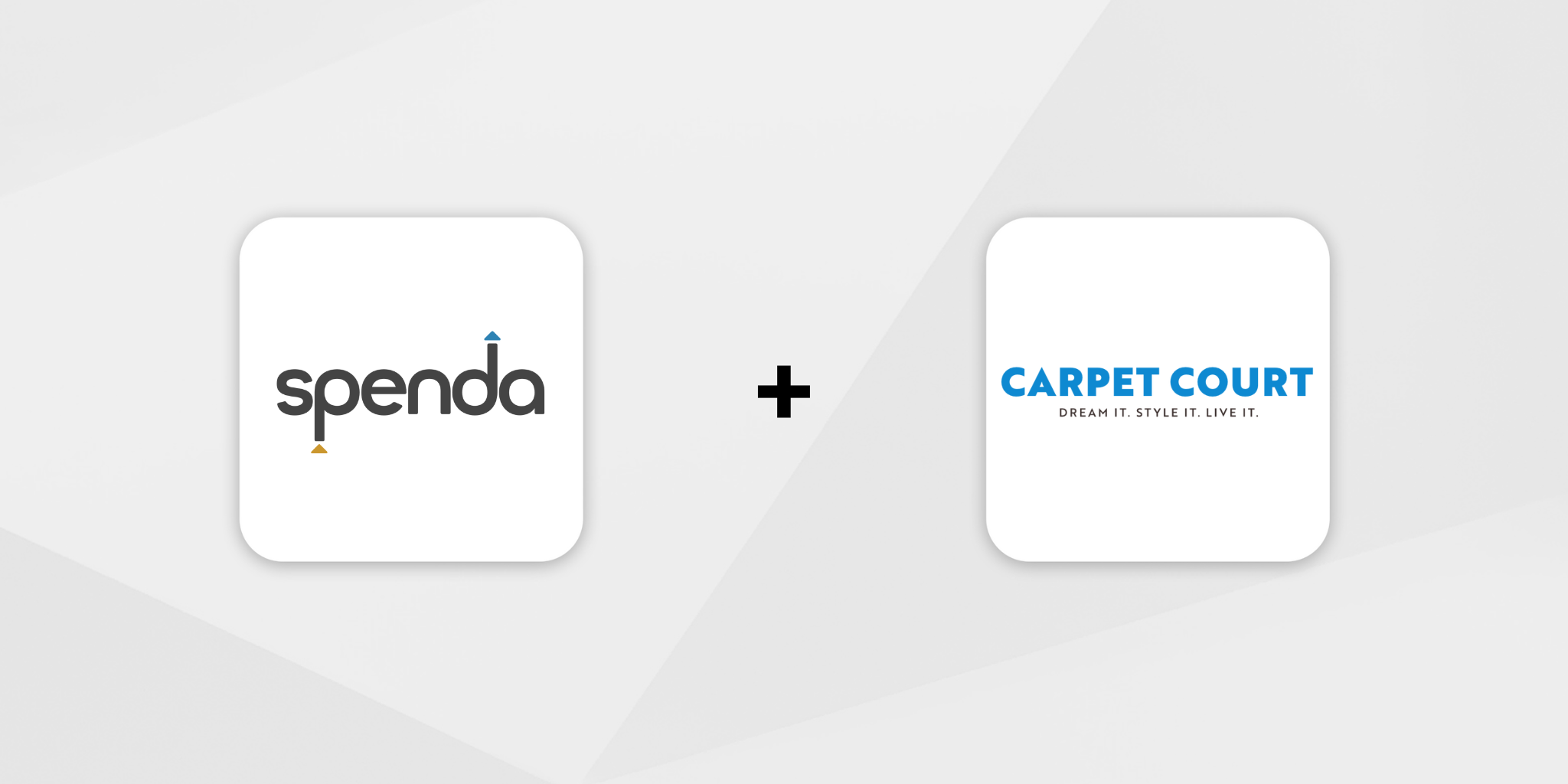
Today, Australia’s largest retail floor covering specialist, Carpet Court and Australian Fintech, Spenda announce a partnership which will see the rollout of Spenda’s bespoke software and payments platform across the Carpet Court member network of more than 200 franchise stores to deliver business efficiencies through software and payment services.
The software solution will supplant existing time-consuming manual processes. Replacing them with real-time access to accounts so member stores and head office can easily see their inflows and expenses, raise disputes, and better manage their cash flow.
With more than 53% of Business-to-Business transactions in Australia paid late (Xero 2019), transforming payment processes with digital technology not only helps businesses get paid faster but makes them more resilient and future-proofs them from economic challenges.
The rollout follows a successful pilot phase, which included the onboarding of over 20% of the franchise network. Both parties have now signed an agreement to facilitate the rollout of the Carpet Court Spenda Platform to all 205 Carpet Court stores by mid 2023.
There is also scope to expand the provision of services to include a working capital facility to be made available to Carpet Court members to provide increased payment flexibility and extended credit services.
Accessing working capital through FinTech’s is a growing trend for SME businesses. According to a recent World Bank report, SME’s globally have unmet finance needs to the value of USD 5.2 trillion a year. To address this need, Spenda has recently secured a $50m debt warehouse facility which will be used to advance individual stores to pay their invoices to Carpet Court’s head office.
As a Fintech, Spenda combines lending and software, assessing transactional data to gain a clear view of a business’s underlying cash flow, which allows for more secure lending and payment offers to be issued.
The combination of the services provisioned by Spenda will generate significant uplift for Carpet Court’s Head Office, which will enable them to better predict their cash flow and working capital requirements.
Commenting on the partnership, Mark Hogan, Chief Financial Officer of Carpet Court, said: “The Spenda platform enables us to leverage best-in-class integration capabilities for efficient end-to-end payment processing, whilst offering member services added solutions such as point of sale and working capital management facilities to save cost and drive member growth.”
Spenda’s Managing Director Adrian Floate added: “Partnering with a national flooring retailer like Carpet Court provides Spenda the opportunity to showcase the maturity of its software, lending and payments stack. What we are solving for Carpet Court is industry agnostic. The desire to provide extended and flexible payment terms, e-Invoicing integration and greater cash flow visibility penetrates the whole supply chain.
The overwhelmingly positive feedback we have had from member stores demonstrate that when businesses implement a collections and payments software solution that provides mutual benefits to both businesses in a transaction, not only is there quick uptake and immediate return on investment to the business implementing the solution, but trading relationships are also almost instantly improved.”
Related News

Henrik Rosvall
CEO & Co-Founder at Dreams Technology
1. The cost of living crisis will urge banks to revamp their digital banking offering see more
- 07:00 am
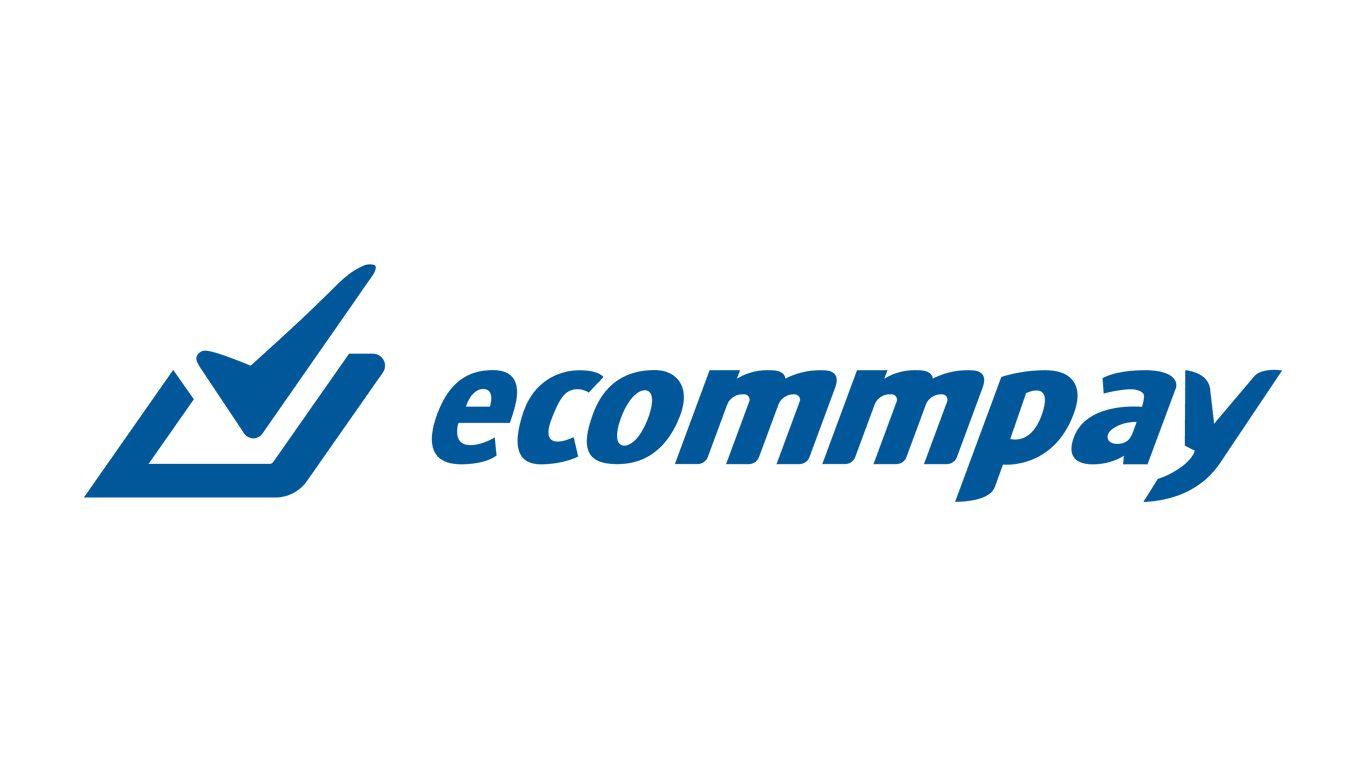
When comparing to last year’s spending habits, 52% of consumers are more likely to or are already using Buy Now Pay Later (BNPL) services, according to new research from international payment service provider and direct bank acquirer, ECOMMPAY. The data reveals that a quarter of consumers (25%), more conscious of their spending habits during the cost of living crisis, are more likely to use BNPL for festive purchases this year, whilst 27% of shoppers are already using the payment option.
The data also reveals that consumers expect to spend, on average, £293 in total for gifts this Christmas. Over a quarter of consumers (27%) are more likely to buy a high-value gift, such as jewellery, if BNPL is offered as a payment option this festive season. In fact, shoppers who plan to use BNPL for holiday shopping are most likely to for larger purchases - on average £325.
As retailers and eCommerce businesses navigate another tricky golden quarter, it’s worth noting that:
- A third of shoppers (33%) are likely to remove items at checkout if a BNPL option is not offered when making purchases online
- Similarly, 31% of consumer are likely to look for another shop if their chosen store does not offer BNPL
With the cost of living crisis mounting, the top three items shoppers would use BNPL for during the festive season are: electronics (15%), clothes & shoes (14%), and toys (12%).
The data also shows that while there has been a gender gap with women more likely to use BNPL, this is levelling out as men become more interested in the payment option this festive season. This trend will continue in 2023, as on average, UK consumers plan to use BNPL for 16% of purchases. For men this rises to 19% of purchases, while for women it drops slightly to 14%. Younger age groups remain the demographic with the biggest uptake of BNPL services, with 16-34-year-olds most likely to use BNPL in 2023, for 30% of purchases.
As the BNPL industry grew quickly and at the beginning of the year, 51% of consumers felt providers needed to be regulated. To better protect consumers, regulations have since come into effect and 37% of consumers say they are now more encouraged to use BNPL services. Regulations and financial literacy support remain important elements of responsible BNPL use, as the data shows almost three in five consumers (58%) feel that BNPL encourages them to spend more than they can afford, up from 54% at the beginning of 2022.
Paul Marcantonio, Executive Director UK & Western Europe at ECOMMPAY, says: “Consumers are expected to be more cautious with festive spending this year as the cost-of-living crisis impacts us all. New payment options will be useful for both businesses and consumers, as we navigate the year ahead. The data shows that consumers prefer choice when it comes to making payments, and businesses must take note or risk losing out on key sales this golden quarter.
As part of this, shoppers are exploring alternative payment methods, such as Buy Now Pay Later (BNPL). While it's encouraging to see more awareness among consumers of the financial solutions available, BNPL comes with the inherent risk that shoppers can run up debt which may put them into difficulty later. Therefore there is a responsibility for providers to ensure they are carrying the right affordability checks before lending.”
Related News
- 03:00 am
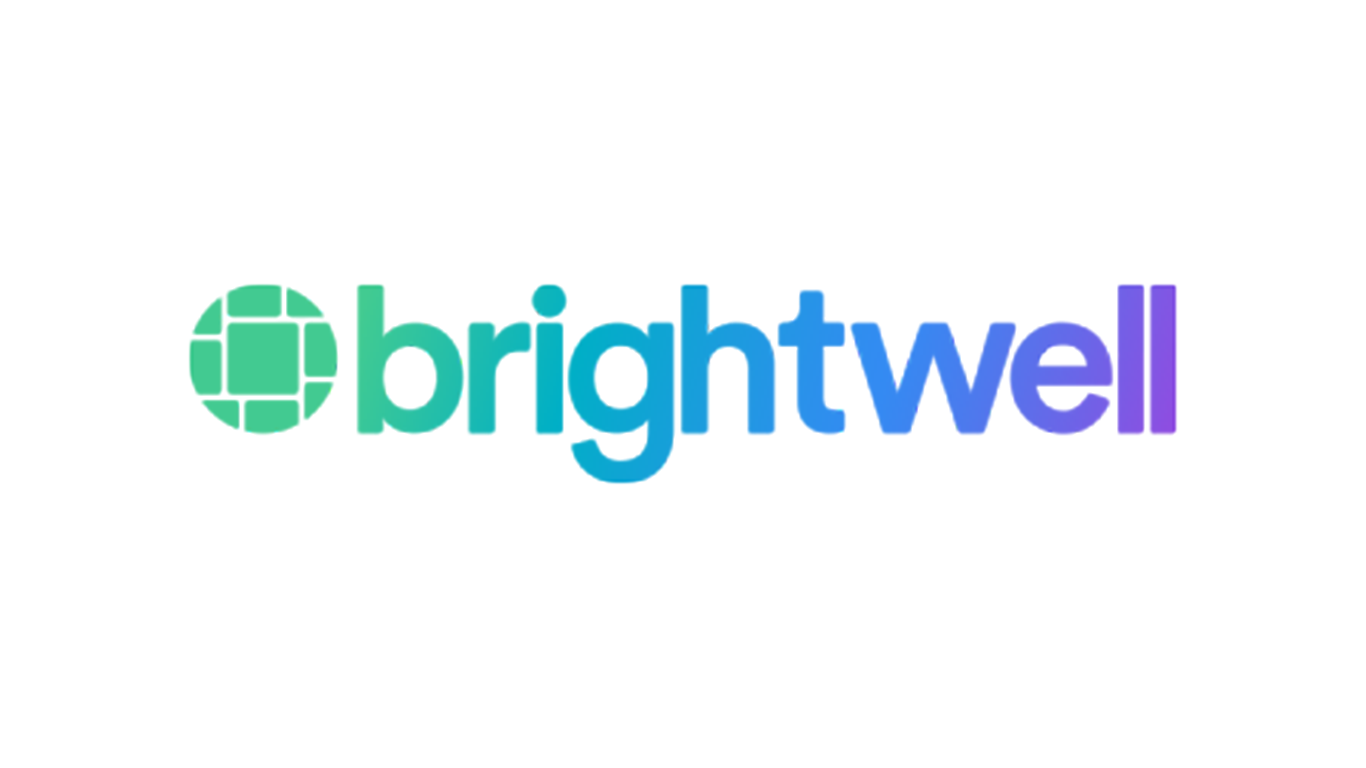
Atlanta-based global payments technology company Brightwell launched its ATM program solutions that offer a cost-effective way for the cruise industry to drive revenue while lowering ATM operation costs. By partnering with NCR, the largest provider of ATM software applications and hardware, and Travelex, the market leader in foreign exchange, maritime clients can launch an ATM program cost-effectively.
The daily management of the ATM channel within the cruise line industry is complex and time-consuming. The cost of managing a program is increasing, and cruise lines need to create a strategy to distribute cash – from determining disbursement locations to implementing the proper security protocols.
“At Brightwell, we understand that there are global economic pressures at play for our customers,” shared Randy Long, Director of ATMs at Brightwell. “We are consistently working to optimize and innovate our solutions to provide a full-service partnership. It’s our culture and who we are at the core of Brightwell.”
Brightwell’s ATM program solutions enable cruise line passengers to access cash in challenging locations in remote areas like the Fjords of Norway, Chile, South Korea and New Zealand. In addition, the program employs the strictest security protocols that secure ATM and card data while delivering the highest level of service.
With Brightwell’s ATM program, maritime clients can choose between the full-service and the self-service models. Both models offer customers the following:
● Equipment installation, maintenance and operating support
● Processing and settling transactions
● Monthly/quarterly reporting metrics to manage the performance of your ATM channel
● On-screen marketing ads to cross-sell on-ship experiences and programs
● Network connectivity to ensure 24/7 availability
Customers who choose Brightwell’s full-service model full-service model will have access to capital financing for their ATMs and secure cash to master assistance. The self-service model will provide a daily report that includes an up to date forecast of current cash position, use per day, and recommended load amounts for the on-ship ATMs.
“Working with Brightwell since 2019 has allowed us to move money safely and efficiently to new markets — further expanding our global reach,” said Angela Smith, Director of Wholesale Banknotes at Travelex. "As a leading supplier of wholesale banknotes, it’s paramount that we continue to build and develop excellent working relationships with organizations like theirs,”
“We’ve been working with Brightwell since 2018 after launching Brightwell’s payroll solution Navigator,” said Joanne Siron (PCL) director, Global Payroll and Fleet Resource Support Team. “Brightwell is a true partner that understands the needs of the cruise line industry.”
Related News
- 08:00 am

ThetaRay, a leading provider of AI-powered transaction monitoring technology, announced today that Ontop, a fintech platform shaping the future of work, has selected ThetaRay’s advanced SONAR anti-money laundering (AML) solution to monitor and detect both known and unknown financial crime threats.
Headquartered in Miami, Florida, Ontop was founded in 2020 to solve the complications with cross-border payments for workers who went remote during the COVID-19 pandemic, as well as open new opportunities for companies to tap into global talent. The platform is already being used in 67 countries and is currently processing payments all over the world.
“The biggest pain points in cross-border payments are high costs and a lack of speed and transparency. The next-gen AI solution from ThetaRay will give our business confidence by covering known and unknown crime typologies,” said Julian Torres, Chief Strategy Officer, and co-founder of Ontop. “The machine learning will also deliver operational efficiency and help customer satisfaction by reducing false positives and more accurately identifying truly suspicious cases.”
“Ontop is a global leader in the new digital economy that is creating financial opportunities for companies and people through remote work,” said Mark Gazit, CEO of ThetaRay. “We are proud to partner with an innovative fintech that is helping remove barriers in the financial world. ThetaRay AI tech will give Ontop the ability to process payroll transfers smoothly and quickly, meet any regulatory compliance requirements, and win the trust of business partners.”
ThetaRay’s award-winning SONAR solution is based on a proprietary form of AI, artificial intelligence intuition, that replaces human bias, giving the system the power to recognize anomalies and find unknowns outside of normal behaviour, including completely new typologies. It enables fintechs and banks to implement a risk-based approach to effectively identify truly suspicious activity and create a full picture of customer identities, including across complex, cross-border transaction paths. This allows the rapid discovery of both known and unknown money laundering threats, and up to 99 percent reduction in false positives compared to rules-based solutions.
Related News
- 07:00 am
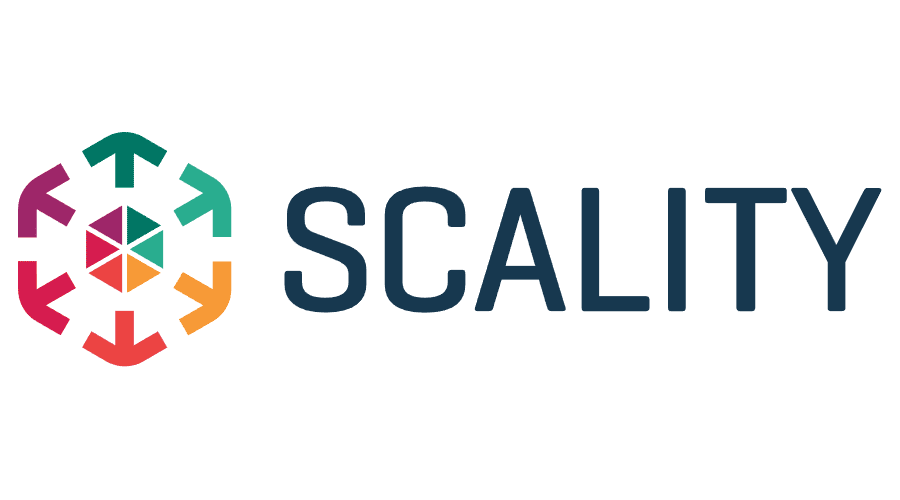
Scality announced its data storage predictions for 2023, capping a year of unprecedented ransomware attacks and unstructured data growth that complicate the work of IT teams to run efficient enterprise computing resources. In the present economic climate of higher costs and geopolitical uncertainty, Scality's forecast considers how big data storage solutions will evolve to meet these challenges, including how data security will remain a key storage industry driver, and how the Three I's — intelligent features, innovation, and integration — present new hope for data centre efficiency and effectiveness.
Paul Speciale, chief marketing officer, Scality, summarised: "Data security considerations have always been top of mind for our customers, but in 2023, IT leaders will evaluate every solution, including data storage, by its ability to protect data from the multiplicity of threat vectors. In 2022 the data storage industry evolved to embrace advances in AI/ML, hybrid clouds and edge computing that enabled greater data sovereignty and flexibility. In 2023, the pace will accelerate so IT teams will obtain long-promised features that deliver a significant uptick in efficiency."
Data Security:
1. Security will dominate IT buying criteria, including for data storage.
Supply chain issues and economic challenges will continue to impact storage projects in 2023 — the exception being those that can show tangible ROI on ransomware protection initiatives. This will present an opportunity for big data storage solutions with the intelligence to address current gaps in multi-level security, detection and data immutability for ransomware protection and fast business recoverability. Moreover, solutions that can provide AI-based anomaly-detection capabilities for detecting ransomware attacks will become more mainstream in the near future.
Intelligence:
2. Unstructured search gets smart with multi-cloud capabilities and rich feature sets.
Customers need intelligent data search methods to optimise data analytics and mining of the trillions of unstructured data objects they have aggregated in object storage solutions. In 2022 cloud vendors such as Amazon and others made a step in the right direction by introducing a myriad of search tools and services. But there remains an unmet need for intelligence that allows the all-important "aha!" moment to arrive far faster.
We predict that in 2023 search and query capabilities for unstructured data storage solutions will mature, and vendors will integrate them with standard access methods, while still guaranteeing enterprise-class security and auditing. This will prove doubly advantageous in simplifying application development and allowing object storage resources to serve as the single solution for unstructured data storage and query.
3. Malicious software supply chain attacks will slow open-source adoption.
Malware and ransomware attacks have ballooned such that intrusions now occur every few minutes across the globe, costing businesses millions of dollars per incident and consuming untold IT cycles. We have already witnessed compromised security in commercial software solutions as seen in recent high profile attacks. Open-source software dependencies will become an increasing threat vector, causing enterprises to more carefully evaluate and vet these technologies before employing them at scale.
Innovation:
4. As recession concerns loom, green storage innovation will rise in importance.
We are experiencing a convergence of increased awareness on climate change and an extended economic downturn. These forces will cause enterprises to refocus their IT budgets on solutions that can deliver savings and ROI in operational costs through reduced power consumption.
The data storage industry has already focused attention in this area, as witnessed by the Storage Networking Industry Association (SNIA) Green Storage Initiative that aims at standards for lower power consumption from large-scale data storage systems. Vendor offerings will emerge with innovations that reduce power consumption through smart resource utilisation and use of the latest low-power and high storage density platforms. This will provide measurable savings in power consumption and cooling to reduce environmental impact from storage.
Integration:
5. Tighter integration of managed cloud services and object storage will emerge.
Application vendors will publish their own extended storage APIs for enhanced monitoring, reporting, performance acceleration and optimal data placement. This will be embraced by leading object storage solutions to deliver even more compelling solutions and ROI for enterprise and mid-market customers in data protection (backup and ransomware protection), big data analytics and AI/ML.
In addition, because customers value cloud-like storage services but show a preference for them from the comfort of their own data centre infrastructure, we will see increasing partnerships between object storage vendors and large OEMs or managed service providers (MSPs) to provide fully integrated, private-cloud S3 storage-as-a-service offerings.
For a deeper dive into these 2023 predictions, read Scality CMO Paul Speciale's blog here.
Related News
- 02:00 am
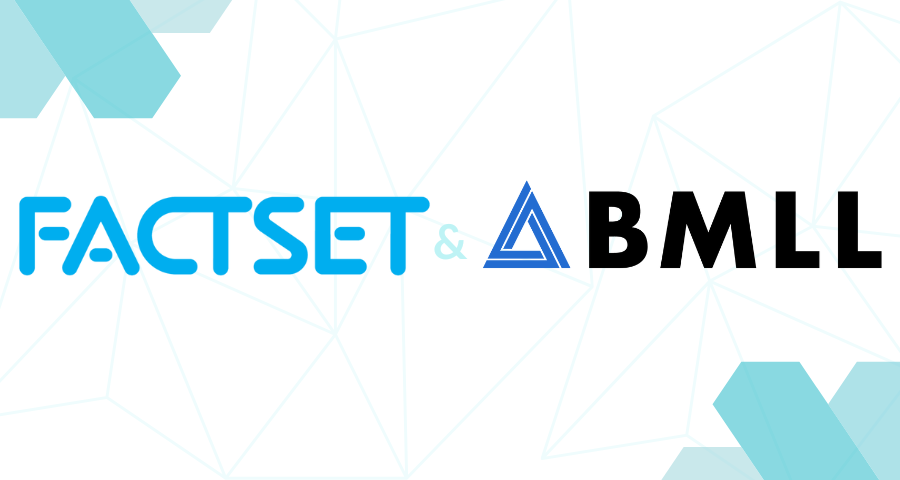
FactSet, a global provider of integrated financial information, analytical applications, and industry-leading services, today announced its collaboration with BMLL Technologies (BMLL) to offer the company’s granular order book history and analytics in the cloud.
The initial release of the FactSet-BMLL offering includes “Market by Price” Level 2 Tick History, which addresses the data quality challenges with current industry Level 2 offerings. By building upon BMLL’s leading historic Level 3 data engineering capabilities, FactSet is bringing a best-in-class Level 2 product to market, equipping clients with deep market insights and real-time data.
BMLL’s high-quality, cloud-native data and analytics offer the breadth and depth of venue coverage that seamlessly complement the needs of FactSet clients across a wide range of use cases, including Quant Research, Back Testing, Best Execution, Transaction Cost Analysis (TCA), Compliance, Surveillance and Risk.
The collaboration represents a continuation of FactSet’s strategy to provide innovative cloud solutions that help clients modernize and improve their market data technology and reinforces the company's commitment to expand its real-time data and tick history capabilities.
FactSet recently made its entire global archive of Level 1 Tick History across 300+ venues accessible via a cost-optimized solution in Snowflake, enabling clients to access ready-to-query, normalized data without having to download and store petabytes of data themselves. The tick data can be easily combined with any of FactSet’s other content sets available in Snowflake, such as Corporate Actions, Symbol History, Sentiment Data, Fundamental Data, Event Transcript Data, and more.
Through the joint solution with BMLL, clients can now access Level 2 Data via the same symbology and APIs as the Level 1 Tick History on a common delivery platform to accelerate research, optimize workflow and trading strategies, and generate alpha at speed and scale.
In connection with this collaboration, FactSet co-led BMLL’s latest $26 million Series B investment round to empower the financial community to make more informed investment decisions by accessing high-quality data and analytics.
Paul Humphrey, CEO, BMLL, said: “BMLL is a specialist provider of historic Level 3 Data. Our unique industry-leading normalization and harmonization processes, capturing every message at nanosecond precision timestamps, enable us to deliver the cleanest market data available anywhere in capital markets. We are excited to work with FactSet to offer our products and services to its global client base.”
Jonathan Reeve, EVP, Head of Content and Technology Solutions, FactSet, said:
“Through our collaboration and investment in BMLL, FactSet is empowering a broader set of clients and democratizing access to rich insights derived from the full depth of historic order book data, which was previously only available to those with dedicated infrastructure and in-house capabilities to curate this level of data and analytics. We share a common vision with BMLL and look forward to delivering a differentiated advantage to our clients by leveraging the full power of Level 3 granular tick data.”
Related News
- 08:00 am
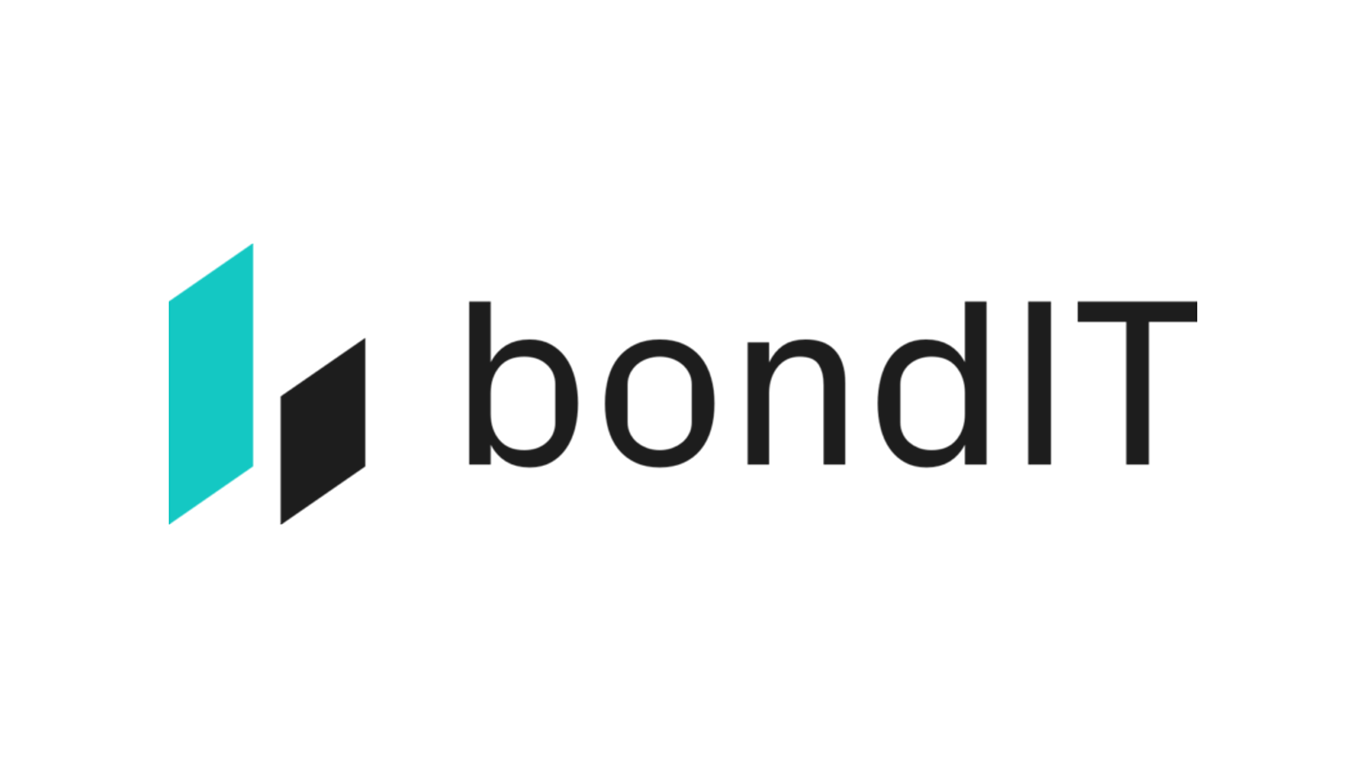
bondIT, a provider of next-generation investment technology, announced today that it has raised $14M in a new investment round led by BNY Mellon, with participation by existing investors. As part of the investment, BNY Mellon will join bondIT’s Board of Directors.
John Goodheart, Managing Director, BNY Mellon, who will represent the company on the board, said, “Collaborating with bondIT will allow us to deliver innovative digital solutions for fixed income investors by enabling investment professionals to explore new investment options more easily through the use of AI, further expanding their portfolio optimization capabilities for clients.”
Etai Ravid, CEO and Founder of bondIT, shared, “We’re delighted to welcome BNY Mellon to our Board of Directors. This investment will help us accelerate innovation and offer clients a unique holistic solution for fixed income investing. As bond investors are keen to lock in higher yields, our versatile technology and data-driven approach can help them increase automation to improve efficiency and performance, and better mitigate risk.”
Shahar Balaban, CFO at bondIT, added, “Our engagement with BNY Mellon started when we participated in the BNY Mellon Accelerator Program for startups in 2021, and we are thrilled to be able to continue to scale our collaboration and take bondIT’s technology platform to the next level.”
bondIT combines advanced technologies, machine learning and Explainable-AI in a unique platform that automates and optimizes fixed income portfolio construction, management, and research. bondIT’s technology enables fixed-income investors to create credit and yield-optimized portfolios based on data-driven analytics in minutes, boosting performance, efficiency, and scale.
This latest investment round comes at an opportune time for bondIT as there is unprecedented demand for smart technologies, like bondIT’s Explainable-AI tool, from fixed-income investors who are seeking efficiency and the ability to manage their exposures effectively. With bondIT, investment professionals can build portfolios that seek to optimally balance risk and return opportunities in this volatile market environment.
In addition to BNY Mellon, bondIT is backed by a number of high-profile investors and partners across the globe, including Fosun, SixThirty, Talanx AG and Win.d.









